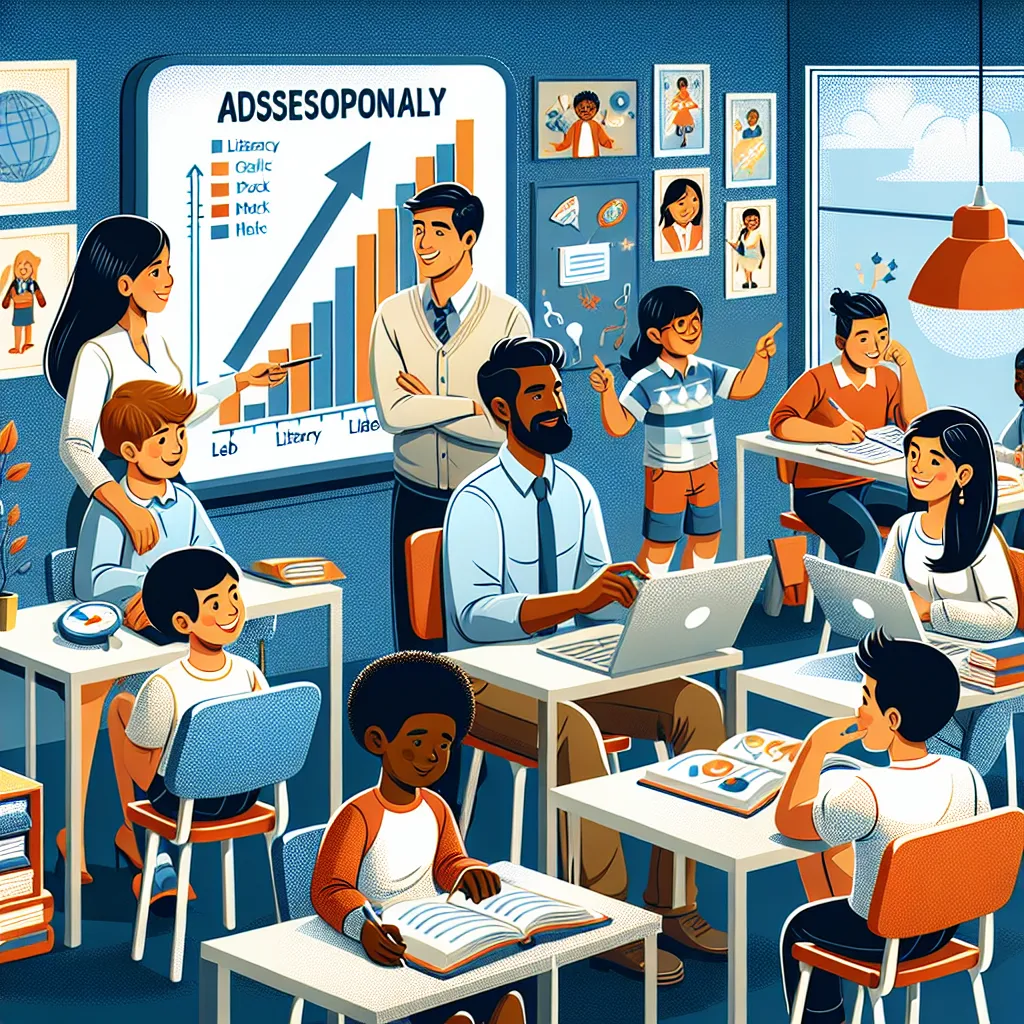Ask AI on The Internet
Question: Critically discuss the five main purposes of writing skills in your own words. Support your discussion with relevant examples. 4.2.1. Gaining understanding and knowledge (4) 4.2.2. Communicating locally and globally (4) 4.2.3. Writing for historical purposes (4) 4.2.4. Written discourse (4) 4.2.5. Expression of thoughts and ideas
Navigating the diverse purposes of writing skills reveals their pivotal role in both personal and societal contexts. Below, I critically discuss the five main purposes of writing skills and support each with relevant examples: ### 1. Gaining Understanding and Knowledge Writing serves as a medium for synthesizing and internalizing information. When we engage in writing, we organize our thoughts, analyze information critically, and strengthen our comprehension and retention of complex concepts. Essentially, the act of writing deepens our understanding. **Example:** A student summarizing a book chapter in their own words is refining their grasp of the material. Similarly, researchers drafting literature reviews for academic papers amalgamate numerous sources, reflecting an in-depth understanding of their field. ### 2. Communicating Locally and Globally Writing transcends verbal boundaries, facilitating communication across different geographies and cultures. It preserves ideas, instructions, and narratives that can reach audiences far and wide, bridging gaps that spoken words sometimes cannot. **Example:** An email sent to colleagues in different parts of the world enables seamless collaboration on projects. Social media posts and blogs allow individuals to disseminate their ideas globally, influencing diverse audiences and fostering global connectivity. ### 3. Writing for Historical Purposes Writing is a tool for documenting events, cultures, and personal experiences, creating a historical record valuable to future generations. It captures moments in time, providing insights and context for understanding the past. **Example:** Diaries and journals from historical figures provide personal perspectives on significant events, aiding historians in constructing accurate narratives. Government documents, such as constitutions and treaties, are foundational records that define and preserve societal structures and agreements. ### 4. Written Discourse Writing is fundamental in the exchange of ideas, arguments, and opinions. It facilitates a structured mode of discourse, often required in academic and professional settings, fostering critical thinking and intellectual development. **Example:** Academic essays and research papers enable scholars to present hypotheses, arguments, and analyses systematically. Opinion editorials and commentaries in newspapers or online platforms encourage public debate on important issues, promoting a culture of informed discourse. ### 5. Expression of Thoughts and Ideas Writing provides an outlet for personal expression, creativity, and reflection. It enables individuals to articulate their thoughts, emotions, and ideas in a tangible form, fostering self-discovery and emotional clarity. **Example:** Poets and novelists use creative writing to express complex emotions and craft imaginative narratives. Personal blogs and social media posts offer individuals a platform to share their experiences and viewpoints, connecting with readers who resonate with their stories. ### Synthesis The multifaceted purposes of writing underscore its integral role in both nurturing individual intellect and shaping societal discourse. Through writing, we gain knowledge, communicate effectively across boundaries, preserve history, engage in critical discourse, and express our innermost thoughts and ideas. Each purpose is interwoven with the others, creating a rich tapestry that highlights the enduring significance of writing skills in human development and interaction.
Think your answer is better than the AI's? Post it below.
Other Most Relevant Posts:
 Ask AI: List five skills that are showed by a kid writing and reading a book at the same time and argue the importance of
each skill.
(15)
Ask AI: List five skills that are showed by a kid writing and reading a book at the same time and argue the importance of
each skill.
(15)
 Assignment 04: Essay Questions
Justification of Reading for Children's Development
Reading and Writing in Literacy Development
Shared vs. Independent Reading
Teacher Techniques for Reading Aloud
Assignment 04: Essay Questions
Justification of Reading for Children's Development
Reading and Writing in Literacy Development
Shared vs. Independent Reading
Teacher Techniques for Reading Aloud
Question Tags
If you want your question answered by an AI, click here.





Post your own comment: